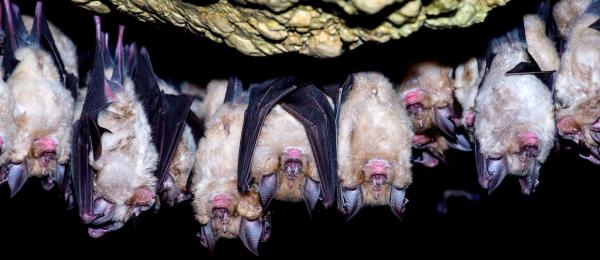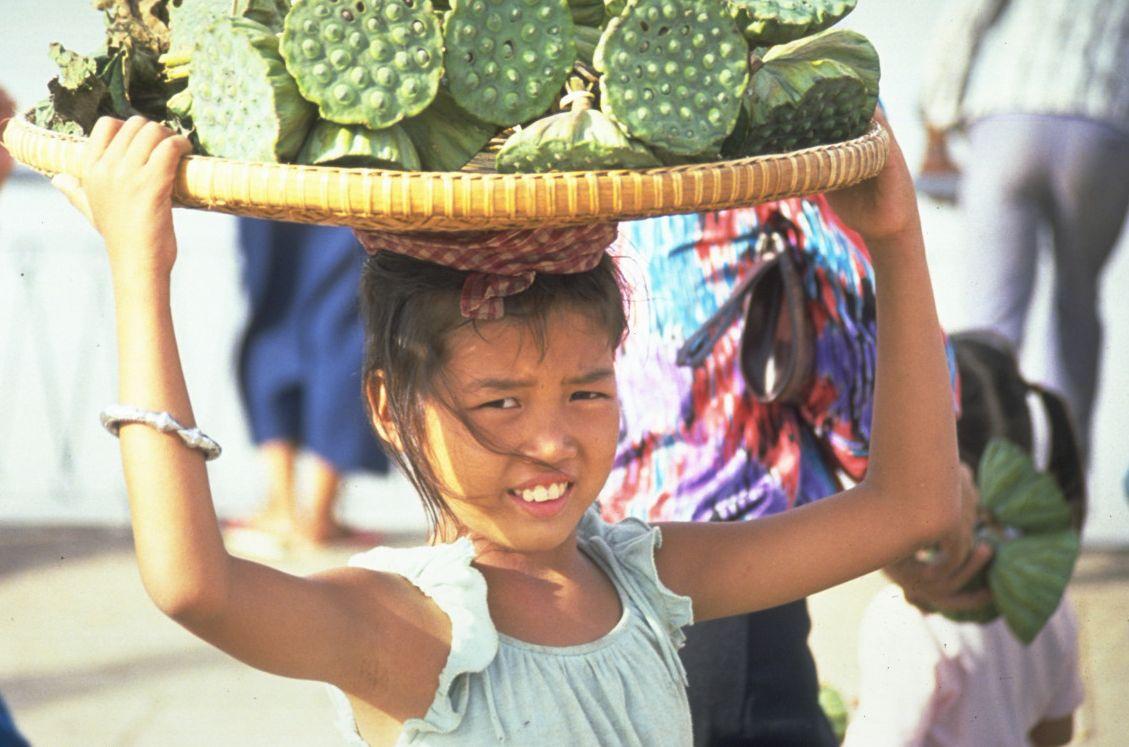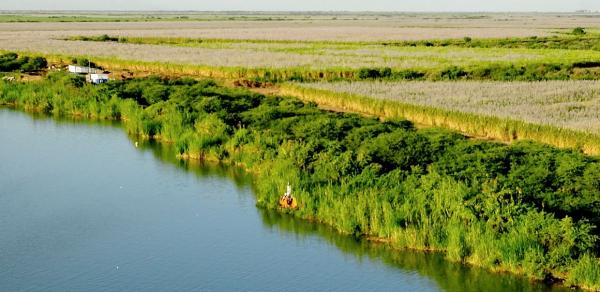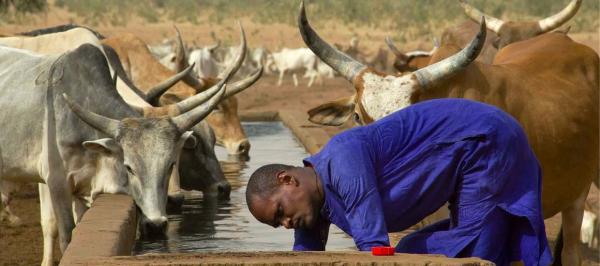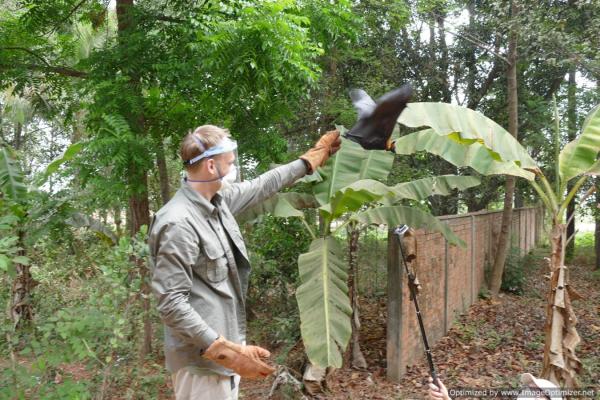Main research areas
- Rebuilding sustainable agriculture: agroecology, rubber value chain
- Developing aquaculture
- Preparing for and managing emerging and endemic health risks
- Protecting the environment and promoting biodiversity
In addition to the CIRAD researchers assigned to Cambodia, many support missions are carried out from France and Thailand, particularly in the fields of l’agroecology, aquaculture, emerging diseases, and for the natural rubber sector.
Key figures
-
11
expatriate researchers
-
25
current projects
-
33
missions per year
-
6
PhD students supervised
A consortium for conservation agriculture and agroecology
A framework agreement between CIRAD and the Cambodia Conservation Agriculture & Sustainable Intensification Consortium (CASIC) was recently signed (August 2022). It brings together all the relevant stakeholders, including market operators, to address soil restoration issues, improve adaptation to climate change and mitigate its effects, whilst ensuring alignment with national policies.
One of the challenges for CIRAD and its partners is to develop the Bos Khnor research station in Kampong Cham province into a regional training centre of reference for agroecology. This station is home to the oldest conservation agriculture trials in the region, Cambodia’s first gene bank for cover crops and certain cash crops, and agricultural machinery specific to conservation agriculture.
Find out more:
The scientists involved in the ZooCov project are working to elucidate how coronaviruses circulate among wildlife. Knowing more about how pathogens emerge helps improve surveillance systems. As the Covid-19 pandemic has shown, it is vital to detect emerging diseases early on, in order to introduce control measures as soon as possible.
The Health & Territories project, signed between CIRAD and AFD on 20 July this year, has just been launched in Saly, Senegal. Co-financed by AFD and the European Union (DeSIRA programme), with a budget of 6 million euros, the goal of this project is to revolutionize integrated approaches to health by associating them with the framework of the agroecological transition. Coordinated by CIRAD, the activities of this five-year project will be developed in four countries: Senegal, Benin, Laos and Cambodia.
Cooperation et partnerships
A network aimed at producing more while preserving resources.
How can rubber smallholders adapt to global challenges?
How can we manage the emerging health risks at the interface between animals, humans and their environments?
Main partners
- Ministry of Agriculture, Forestry and Fisheries (MAFF);
- General Directorate of Agriculture (GDA);
- Directorate General of Rubber;
- Cambodia Rubber Research Institute (CRRI);
- the Fisheries Administration;
- Institute of Technology of Cambodia (ITC);
- Pasteur Institute of Cambodia (IPC);
- Royal University of Agriculture (RUA);
- National University of Battambang (NUBB);
- Agronomes & Vétérinaires Sans Frontières (AVSF);
- The Wildlife Conservation Society (WCS);
- Swisscontact (https://www.swisscontact.org/fr/pays/cambodia);
- FAO Cambodia.
